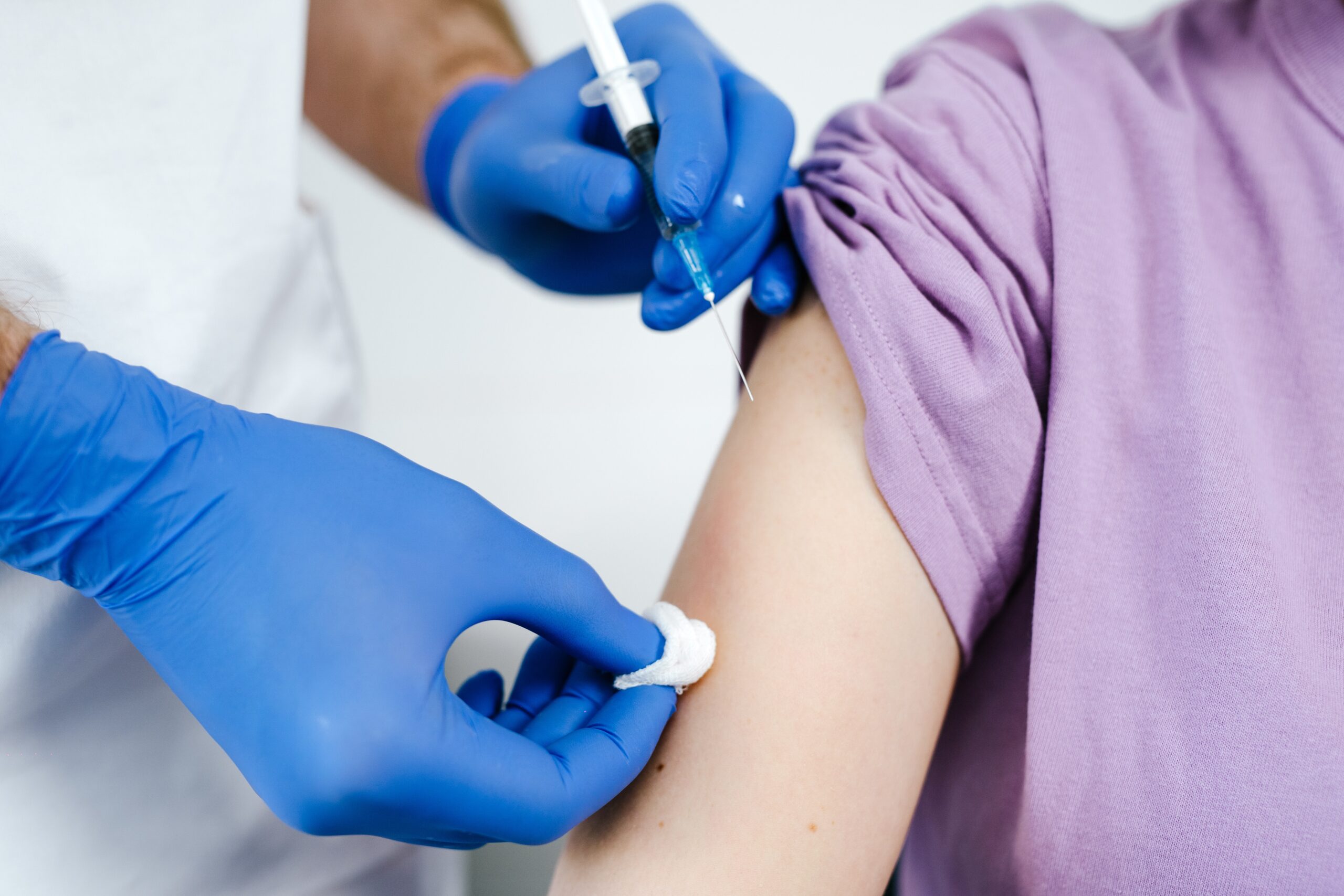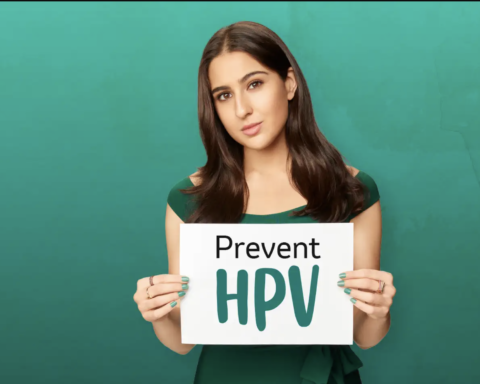Introduction
If you are a fairly avid social media consumer, you’d have come across this trending #HPVSearchKiyaKya campaign featuring popular Bollywood actress Sara Ali Khan who is quite the youth icon. This digital-first awareness initiative launched by MSD Pharmaceuticals was aimed to raise consumer awareness among the youth, especially around the Human Papillomavirus (HPV) and HPV-related diseases. HPV is a Sexually transmitted infection( STI) contracted by nearly 80 percent of all sexually active men and women at least once in their lives, making it one of the most common STIs in the world. This campaign’s primary aim was to go one step ahead and allow audiences to connect and seek more information and guidance around HPV.
What is HPV?
HPV, which stands for Human Papillomavirus, is a family of over 100 viruses that spreads through direct skin-to-skin contact, not necessarily through sexual contact. Though, out of these 100 known strains, around 40 can spread through sexual intercourse like oral, vaginal, and anal sex and are specifically known to infect the genitals, the mouth, and the throat. Anyone exposed to different strains of the virus can also contract multiple HPV infections.
Typically, most HPV cases display no symptoms and clear out on their own in 3-months to 2-years, depending on the body’s immune response. During such time, the virus can transmit to another person without any visible symptoms. However, HPV-related cancers do not show up until the condition has reached an advanced stage. In some unique cases, the infection gets prolonged with detrimental results and complications ranging from warts to genital, neck, and throat cancers as well as cervical cancer. The HPV strains that cause warts are very distinct from those that result in cancer. Hence, genital warts do not necessarily lead to cancer.
Must Read: What is HPV? Questions About HPV | #HPV Search Kiya Kya?
How Does HPV Affect Men, Women, and Children?
Men – Most men are at a lower risk of contracting any HPV-related complications than women and do not exhibit any symptoms, except for a few with genital warts. Do consult a physician should you discover any strange lumps or lesions around the penis, scrotum, or anus.
Women – Just like men, women with HPV do not display any symptoms, and the infection kind of resolves on its own without causing any major hiccups to their general health and well-being. Some may experience genital warts inside the vagina, in and around the anus, and on the cervix or vulva. A doctor’s visit is a must if you discover some unusual or inexplicable lump or growth in and around the genital region.
Children – In very rare cases, a pregnant woman can transmit the infection at the time of delivery of her child. This can lead the baby to be at risk of developing a rare condition called recurrent respiratory papillomatosis, where warts develop inside the throat or the airways.
Risk Factors, Treatment, and Prevention
Risk Factors
With certain HPV strains, some men may develop throat, anal or penile cancer, especially those who engage in anal intercourse. Those with compromised immune systems may be further susceptible to HPV-related malignancies than other men. In the case of women, some with certain HPV strains are associated with throat, vaginal, or anus malignancies and with almost all cases of cervical cancer all over the world, thus making it the most crucial risk factor for women who develop cervical cancer.
Treatment
To date, there is no cure for HPV. The majority of cases dissolve on their own for both men and women. At the most, your doctor will advise for more frequent testing in a year to determine any persistent HPV infection or any cell abnormalities that may have emerged and require further investigations.
Genital warts can be treated with prescription drugs, electrical current burning, or liquid nitrogen freezing. This does not entail treatment of the virus, and warts can always come back. Multiple treatment options and techniques may be employed for cancers caused by HPV, like surgery, radiation therapy, and chemotherapy.
Prevention
Practising safe sex using condoms and sex hygiene is straight up the best strategy to avoid any HPV infection. Regular and routine screening for HPV and cervical cancer (among women) is the only way to detect any HPV-related health issues early on to enhance outlook and raise survival chances. Even a quick procedure at your doctor’s can eliminate malignant cells in some cases of early-stage cancers.
Any HPV strains linked to genital malignancies can be detected using DNA assays on cervical cells.
Awareness and the Way Forward
With modern leaps and advancements in medicine, the readily available HPV vaccine can additionally protect against any genital warts and cancers brought on by HPV. The HPV vaccine can prevent up to nine strains of HPV that are connected to genital warts or cancer. It is advised that all boys and girls should have the HPV vaccine by 11-12 years old. For all males and females from the age of 15-26 years, the vaccine can be administered in three doses. Interestingly, the vaccine is also available for those between the ages of 27 and 45 who have not received any HPV vaccine earlier to prevent contracting numerous high-risk infections.
Getting frequent health tests, Pap smears, and checkups to prevent HPV-related health issues and keep HPV at bay is the way forward.






